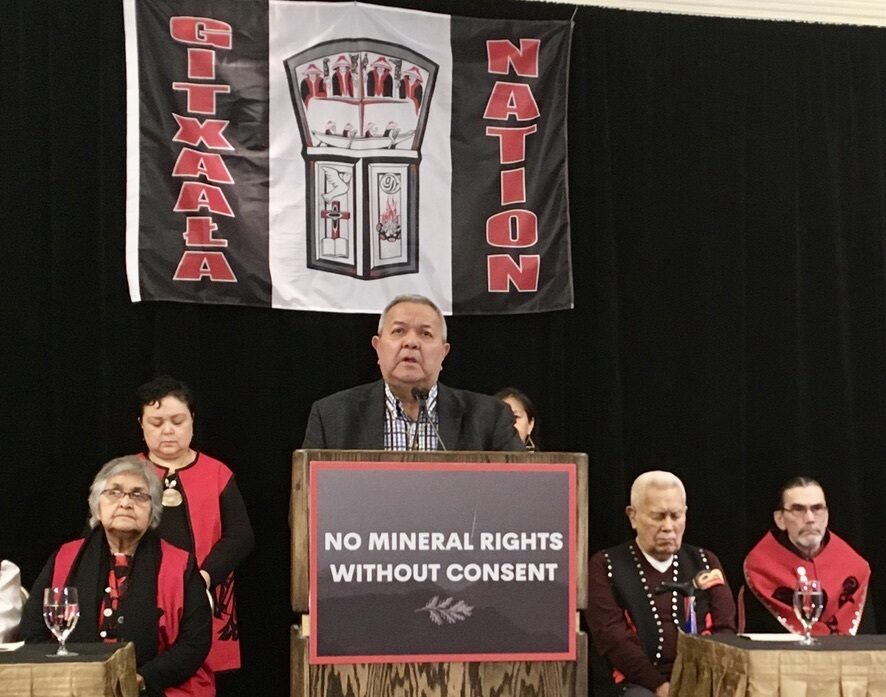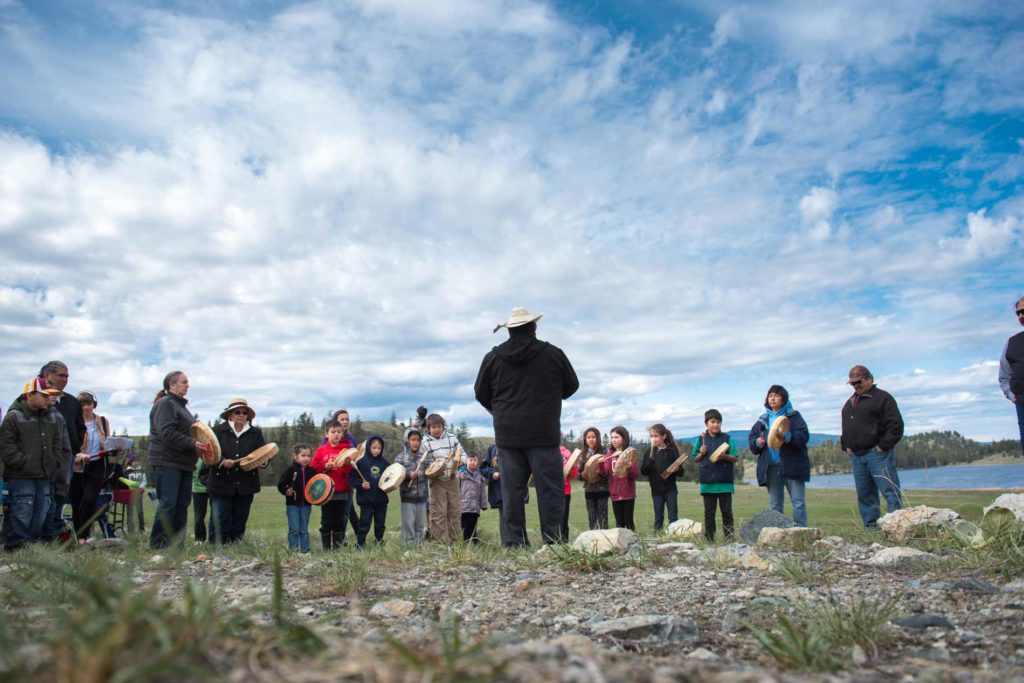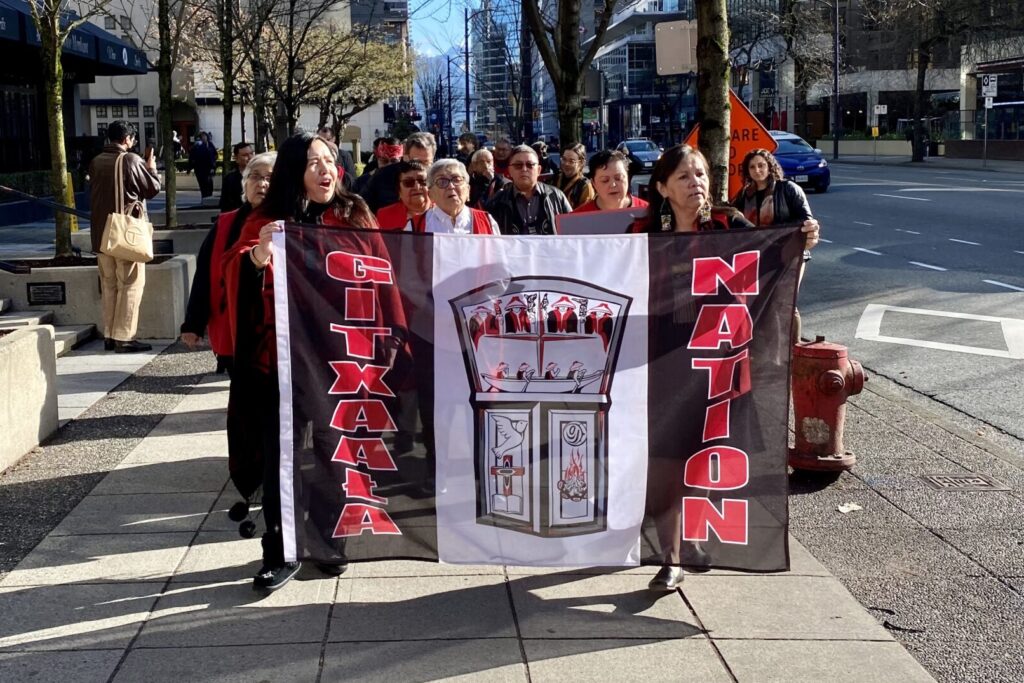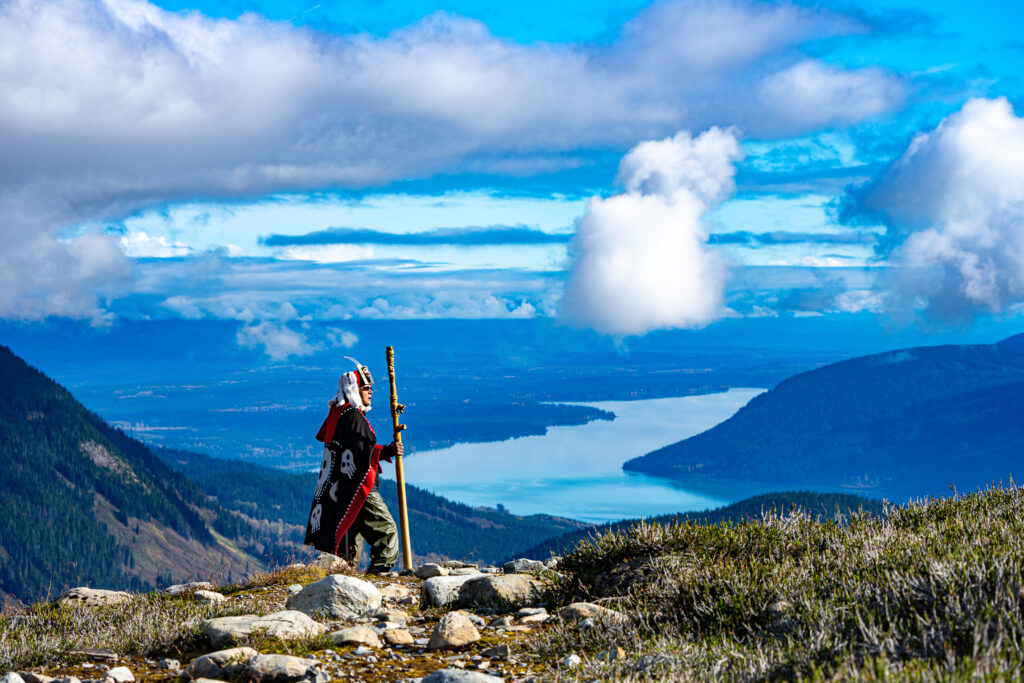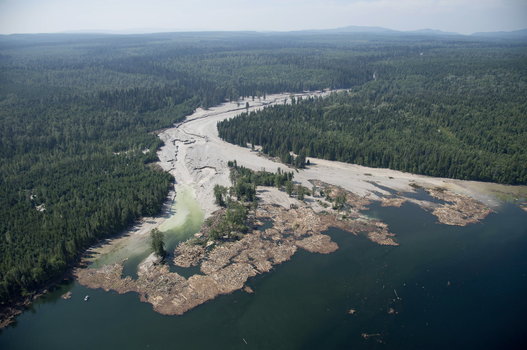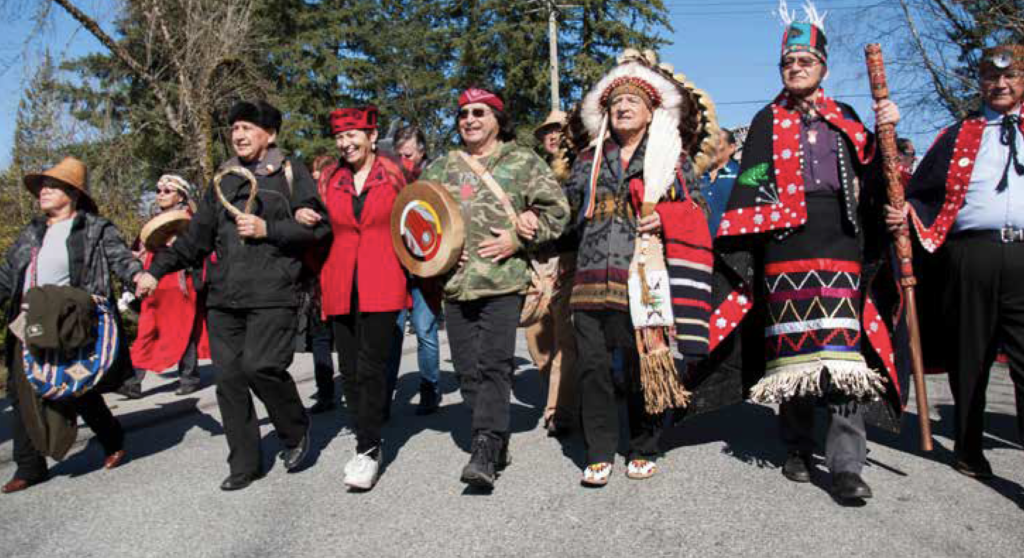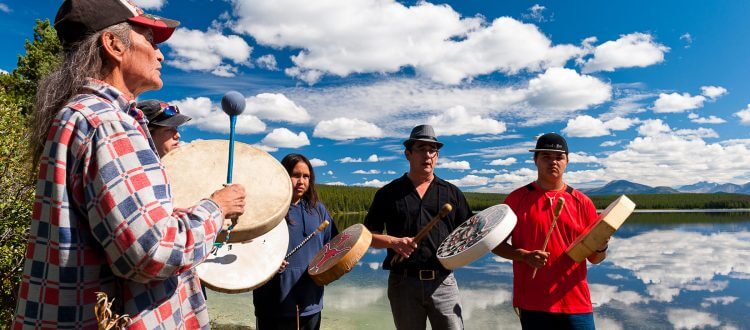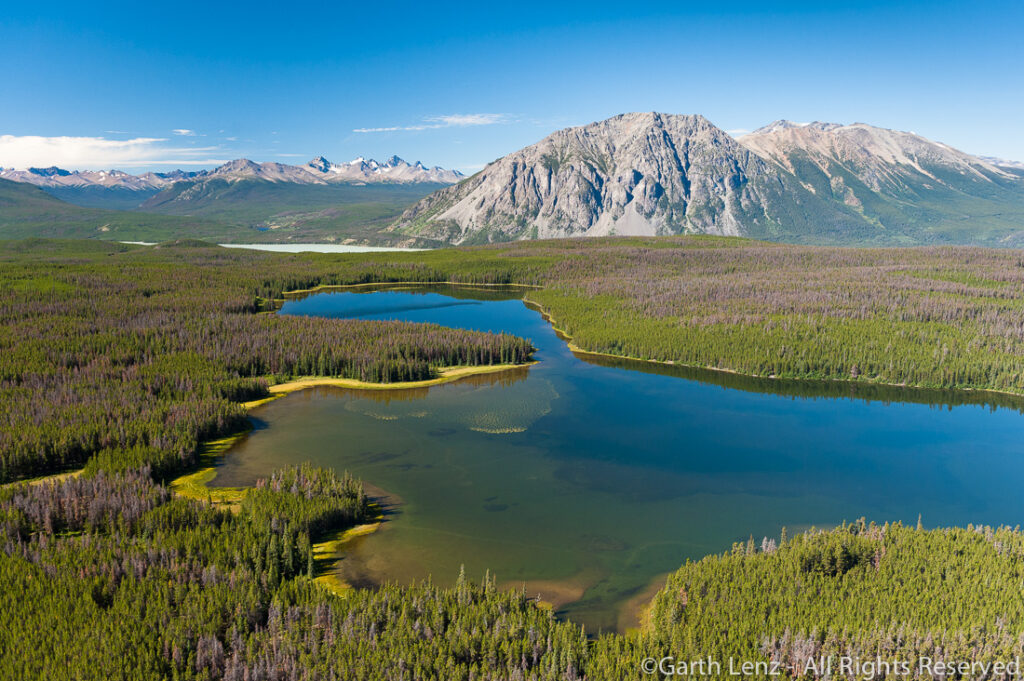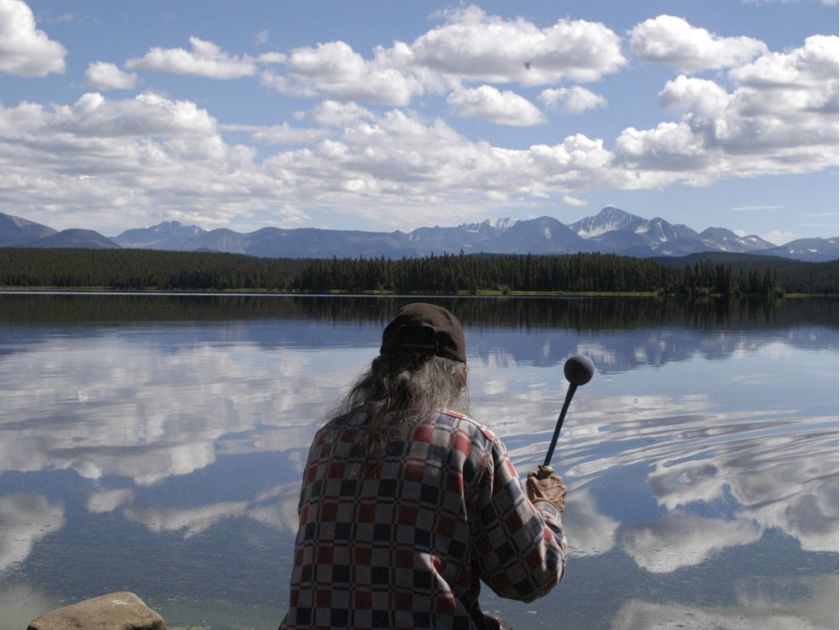[Smithers, Osoyoos, Kimberley] – The BC Supreme Court released its decision Tuesday holding that the Province needs to change its free entry mineral claim system within the next 18 months to align with the United Nations Declaration on the Rights of Indigenous Peoples (UNDRIP). The ruling is a result of the Gitxaała and Ehattesaht Nations’… Read more »
